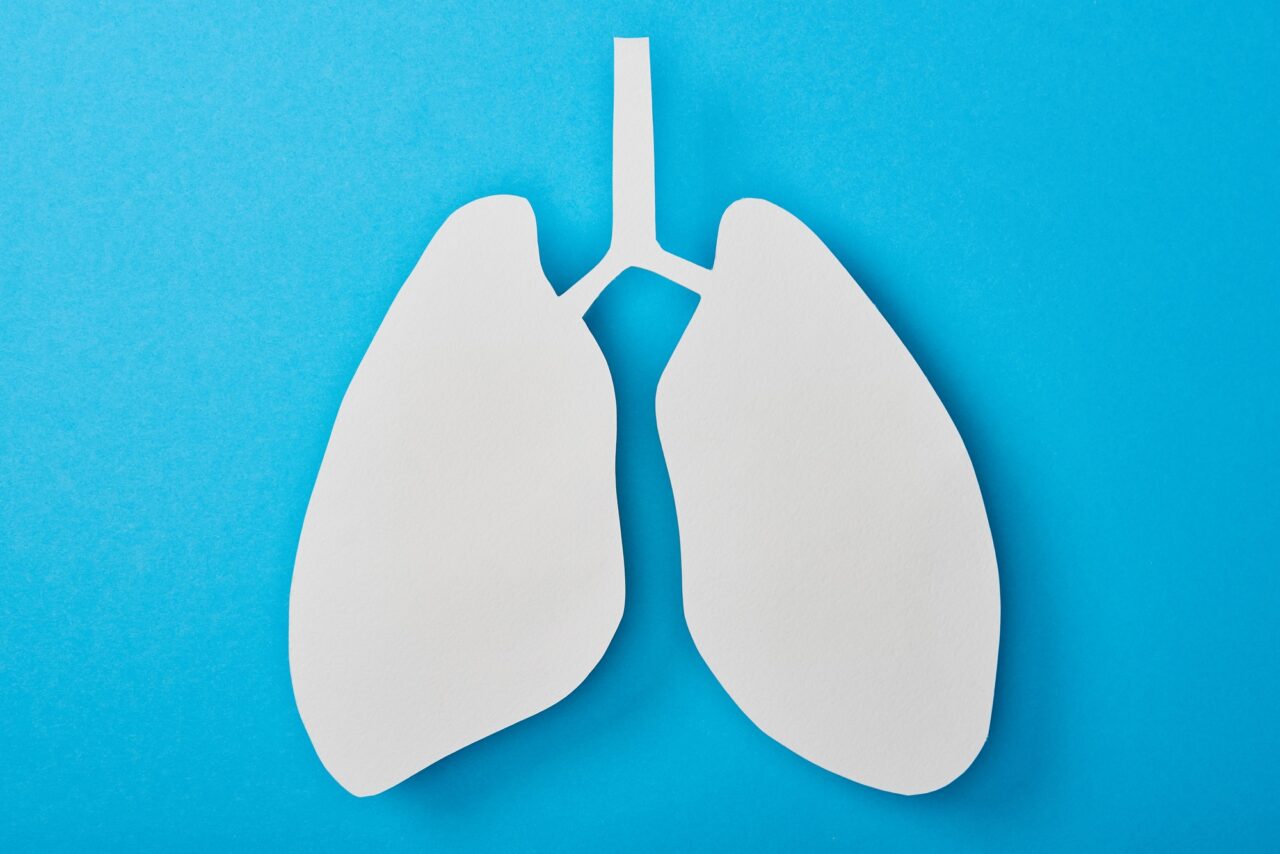Many chronic lung diseases lead to fibrosis, a condition in which lung tissue becomes irreversibly scarred and stiff, partly due to a failure in activating cell regeneration. Researchers led by Bongjun Kim, Ph.D., and Jae-Il Park, Ph.D., used a comprehensive approach to examine the mechanisms involved in lung cell repair. They identified a protein complex, PCLAF-DREAM, that plays a crucial role in helping lung cells regenerate after injury. The complex transforms specific precursor cells in lung alveola into a different type of cell that facilitates lung repair and oxygen exchange. In lab models, reducing PCLAF led to impaired lung regeneration and the development of fibrosis.
The study also identified a viable drug candidate, phenelzine, that closely mimics the effects of this complex, suppressing lung fibrosis and promoting regeneration. Understanding the processes and pathways involved in alveolar cell regeneration can inform novel treatment strategies to help prevent lung fibrosis in patients with various lung diseases


